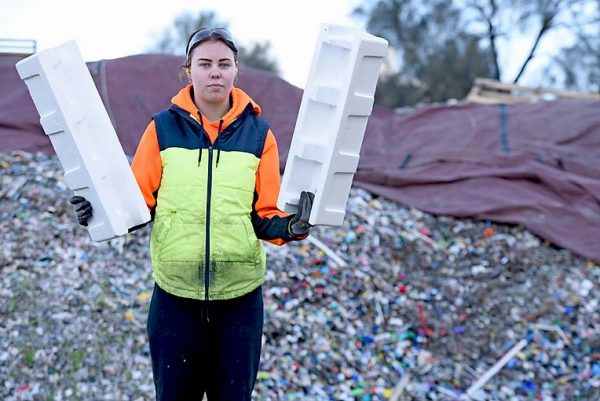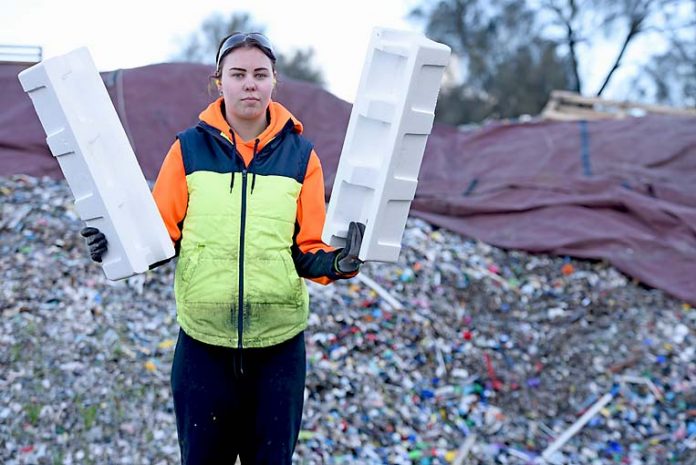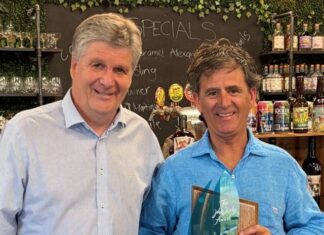
A MOUNT Gambier recycler has spoken out over the South Australian Government’s proposed ban on single-use plastics, claiming the initiative may not be the ultimate solution as depots continue to struggle with ongoing contamination rates and trade war disasters.
The government has foreshadowed plans to enshrine a legislative ban on single-use plastic items including cutlery and straws.
The Australian-first decision would see businesses faced with adopting biodegradable solutions, with discussion coming in the wake of the government’s 40pc increase to the solid waste levy.
However Green Triangle Recyclers owner Ian Weber said there were bigger issues at hand in regards to environmental sustainability.
“As a litter control measure it is a great initiative the state government is taking,” Mr Weber said.
“But there are bigger issues in the recycling world at the moment.
“There is more pressure being put on recycling depots in regards to cardboard and paper which is becoming unsustainable.”
According to Mr Weber, paper and cardboard markets have “plummeted” since the China Sword Policy was introduced last year.
Now he is calling on councils to work alongside state and federal governments to present better solutions to the crisis.
“The plastics that cannot be recycled at the moment do have a solution,” he said.
“There is a possibility for it to be used in bitumen for roads, we just need someone to step up and get on with the work.
“We are mixing priorities here and although it is a great initiative for litter control in regards to recycling, there is going to be no impact.”
With plastic cutlery and straws being too small to pass through recycling machines, Mr Weber said the products filter through their system and end up in landfill regardless of what they are made of.
Along with other small products commonly known to be put in the recycling bins such as milk bottle lids, Mr Weber said it was costing a “fortune” for the depot to send to landfill.
“We have an average cost of $9000-$10,000 per month purely for disposal of waste just from the kerbside rubbish,” he said.
“Although that does not sound like a lot straight away it equals up to $130,000 per year.”
Frustrations for the recycling depot owner also stem from larger issues surrounding plastics which have potential solutions.
“At the end of the day what we need is not to focus on the knives and forks and straws but on a better recycling sustainability as well as more focus on plastic bags and film plastics,” he said.
“Alongside the trade war which is causing the cardboard market to plummet, if it keeps going then recycling depots across the country are just going to collapse.”
Touching on the solid waste levy increase, Mr Weber said the solution would boil down to ratepayers doing the right thing.
“The reality of the situation is that if people are not using their bins 100pc properly then there is no point,” Mr Weber said.
“We have had people come and dump objects that could be taken to the Waste Transfer Station for free, yet people are too lazy to make the 200-metre trip.
“On top of there is the varieties of contamination that we see come through the kerbside collection day in and day out.”








